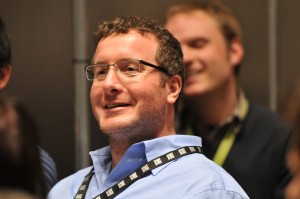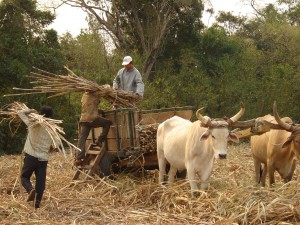This century will be dramatically reshaped by, among myriad factors, the realities of carbon constraint, scientific and technological innovation which has almost reached singularity, global interdependence, virtual cross-cultural encounters and changes in the balance of economic and political power.
 In < our post-industrial world where knowledge is power and technology the means of achieving it, people are valued more for their intellect and ability to think, plan and make decisions, than for the pre-industrial attributes of strength, endurance and "practical wisdom."
Human capital, that is people with the education, training, skills, knowledge, abilities, experience, potential and capacity for continued learning, are considered a core resource of value creation and technologies that enable this are commensurately valued. Does this mean that there is no place for pre-industrial societies with their ages-old technologies and practical wisdom in our post-industrial world? I argue that there is.
Pre-industrial societies have much to teach us. Practical wisdom is a master virtue essential to decision-making and problem-solving, yet it is becoming increasingly difficult to nurture and display in modern society. It is, however, a characteristic of pre-industrial societies, many of whom have evolved a way to live in some of the planet's most remote and inaccessible areas.
In < our post-industrial world where knowledge is power and technology the means of achieving it, people are valued more for their intellect and ability to think, plan and make decisions, than for the pre-industrial attributes of strength, endurance and "practical wisdom."
Human capital, that is people with the education, training, skills, knowledge, abilities, experience, potential and capacity for continued learning, are considered a core resource of value creation and technologies that enable this are commensurately valued. Does this mean that there is no place for pre-industrial societies with their ages-old technologies and practical wisdom in our post-industrial world? I argue that there is.
Pre-industrial societies have much to teach us. Practical wisdom is a master virtue essential to decision-making and problem-solving, yet it is becoming increasingly difficult to nurture and display in modern society. It is, however, a characteristic of pre-industrial societies, many of whom have evolved a way to live in some of the planet's most remote and inaccessible areas.
 One example of the synergy between a global company and a deeply rural community, is the partnership forged between The Body Shop and its remotest suppliers, CADO (Consorcio Agro-Artesanal Dulce Organico), a cooperative of over 150 families from Moraspungo in Cotopaxi province, Ecuador, who farm sugarcane high in the foothills of the Andes, producing organic alcohol for The Body Shop’s range of fragrances.
One example of the synergy between a global company and a deeply rural community, is the partnership forged between The Body Shop and its remotest suppliers, CADO (Consorcio Agro-Artesanal Dulce Organico), a cooperative of over 150 families from Moraspungo in Cotopaxi province, Ecuador, who farm sugarcane high in the foothills of the Andes, producing organic alcohol for The Body Shop’s range of fragrances.
In line with The Body Shop’s policy of reducing environmental impact, no pesticides or chemicals are used in the growing of the sugarcane and weeding is done by hand. Cane leaves are harvested and used as organic mulch on the fields or as fuel for the small distilleries, so nothing goes to waste. The sugarcane plants are also spaced further apart which results in larger, healthier plants and the extra space means that the farmers of Moraspungo can grow beans and corn and raise chickens between the sugarcane in a more sustainable form of agriculture.
Adaptation to our rapidly changing world is emerging as one of the biggest global agenda items of this century. In this respect every advantage needs to be employed whether it comes from a highly-sophisticated, first-world source, or a remote society employing ages-old technology and wisdom.